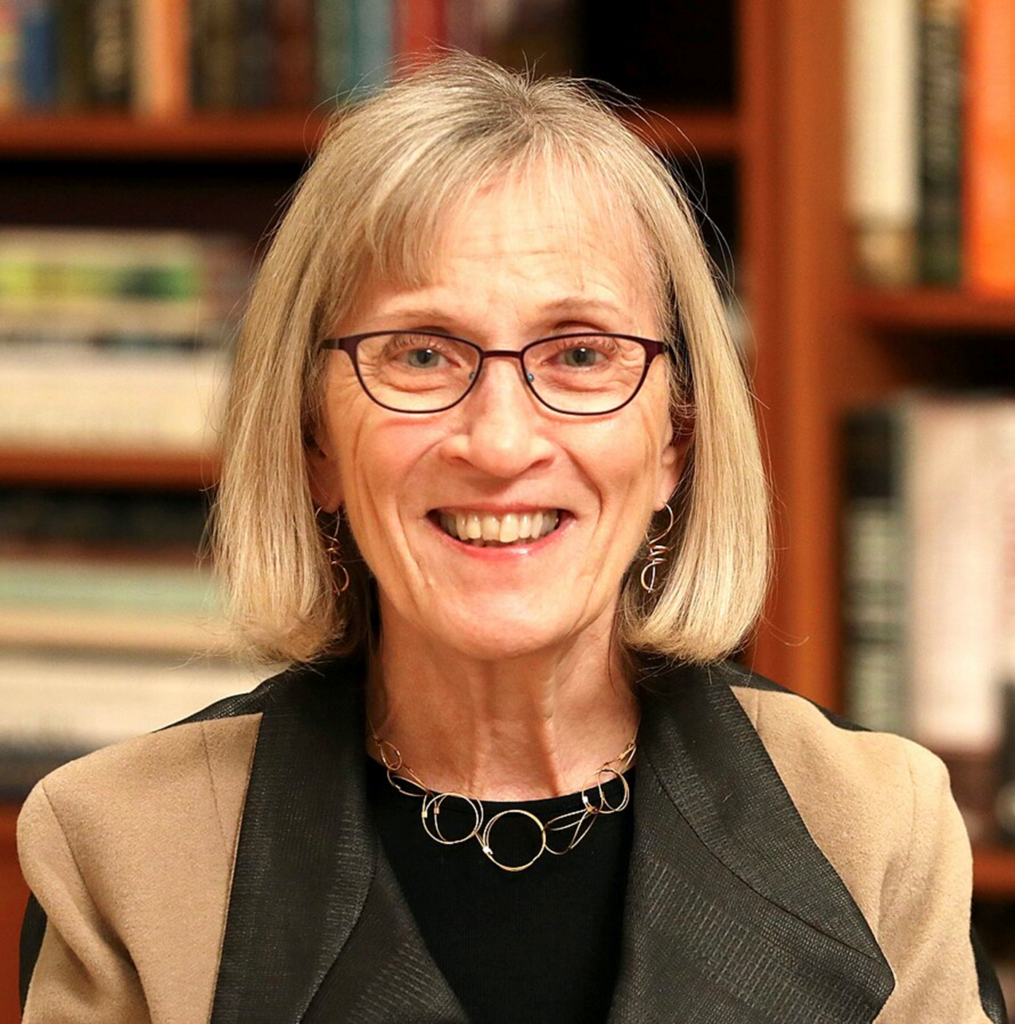Published on December 11, 2023 by Leif Jacobsson

This year’s Prize in Economic Sciences is the 55th since its inception in 1969. Before Claudia Goldin received this year’s prize, only two women had been awarded the prize hitherto. Goldin works at the prestigious Harvard University in the United States – a university with many Nobel laureates.
Maria Norbäck – Associate Professor of Business Administration and Director of the Centre for Research on Work and Employment at the School of Business, Economics and Law at the University of Gothenburg – thinks it is positive that this year’s prize goes to an economic historian.
”Previous prizes have often gone to economists and econometricians who make abstract models of often quite abstract phenomena. Rather, Goldin’s research is based on large amounts of historical data, which makes her research quite accessible, at least compared to many previous laureates. It also makes it easy to understand the benefits it can have,” says Norbäck.
Goldin has been a pioneer in providing an overall picture of women’s participation in the labour market and how their incomes have developed historically. In her research, she sheds light on the changes that have taken place and analyzed the reasons for the differences between the sexes that remain.
She shows why women’s participation in the labour market forms a curve that resembles a U. It has not gone straight up, but instead gone in waves. For example, the proportion of married women participating in the labour market decreased with the transition from an agricultural society to an industrial society in the 19th century. When today’s service society began to emerge in the 1900s, their participation increased. Economic growth does not necessarily lead to greater participation of women in the labour market, she says.
And despite economic growth, modernizations and an increase in the proportion of women in employment during the 20th century, it took time for the income gap between women and men to begin to narrow. According to Golding, it is about making decisions about education early in life, a decision that affects the professional career in the long run. If women’s expectations of a professional career are based on the past – on how previous generations of women did not return to work until their children had grown up – change in the world of work will be slow.
At TAM-Arkiv, we are delighted that a researcher with a focus on the labour market, its historical changes and, of course, the situation of women in the labour market has been recognized and awarded the Nobel Prize this year. At TAM there are a lot of documents related to gender equality in a historical perspective. Something that should be researched more, we think. Goldin can serve as a source of inspiration here.
”Understanding the role of women in the labour market is important for society. Thanks to Claudia Goldin’s groundbreaking research, we know much more about the underlying factors and what obstacles may need to be removed in the future,” says Jakob Svensson, Chairman of the Prize in Economic Sciences Committee.
TAGS: #claudiagoldin #harvarduniversity #nobelprize #womeninemployment #genderequalitypioneer #economicgrowth #prizeineconomicsciences #marriedwomen #groundbreakingresearch #womeninthelabourmarket #genderequality
